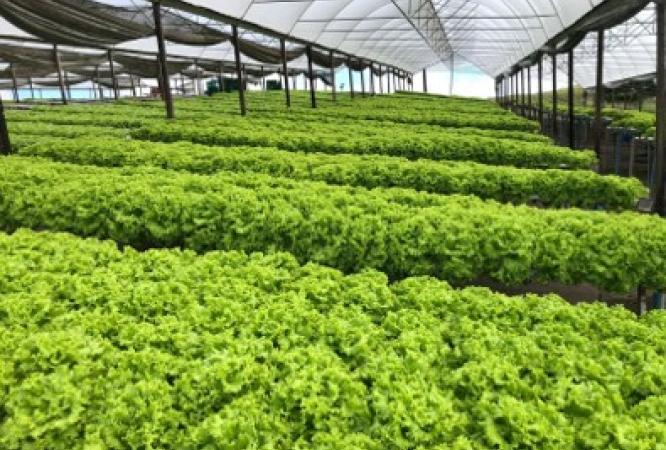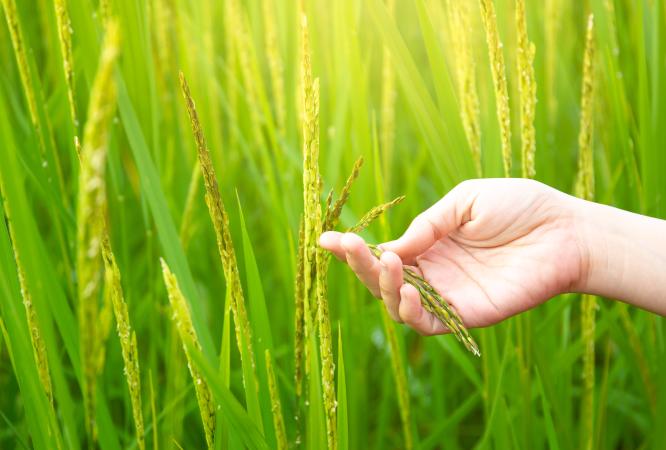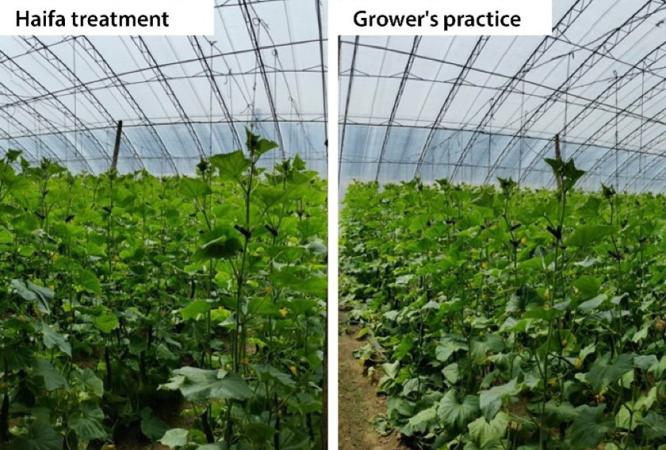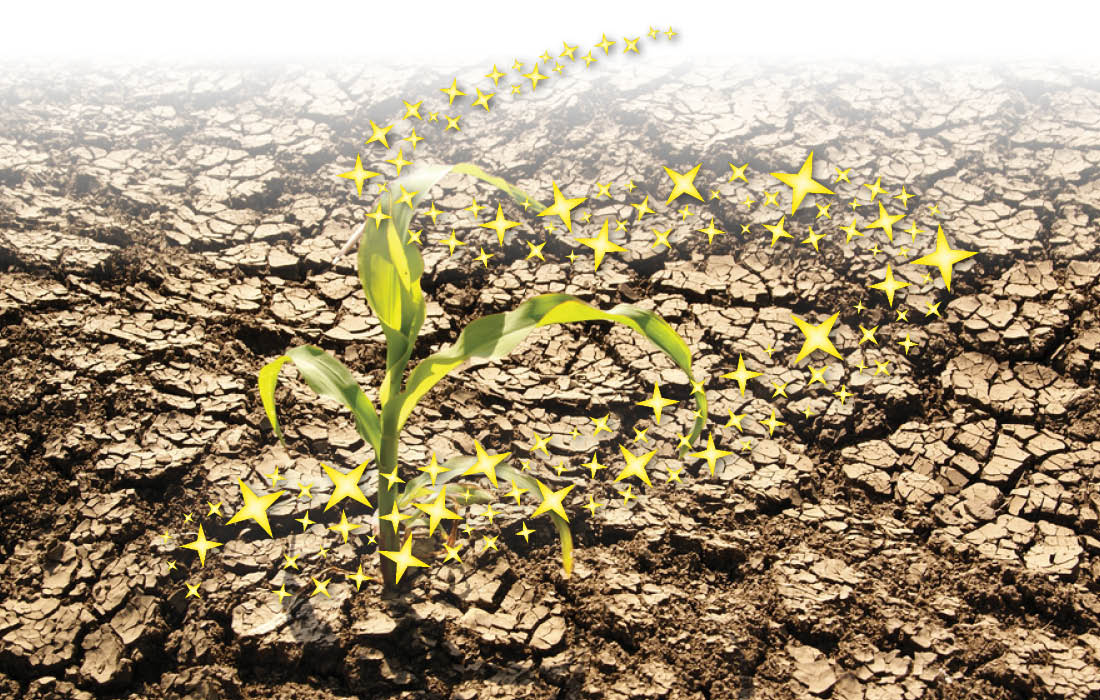
As climate change continues to have an impact on the world, the implications on agriculture and food security cannot be ignored. Crop yields have been declining and produce quality has deteriorated as a result of rising global temperatures, irregular weather patterns, and more frequent extreme weather events.
The first half of 2023 was highlighted by several climate events that had an impact on agriculture.
In January, the "salad crisis" in the United Kingdom and Northern Europe demonstrated how climate change might affect food supplies. Severe weather across Europe and North Africa has resulted in lower yields and widespread shortages of fresh crops like tomatoes, cucumbers, and lettuce.
Other climate events impacted the agricultural world in the first half of 2023, resulting in the lowest rice stock in two decades. This was the consequence of low productivity owing to harsh weather.
We also witnessed lack of vegetables for fresh consumption and industry because of tropical storms that dropped enormous quantities of rain in California, and olive oil record prices resulted from early heatwave in Spain.
Changes in climate characteristics such as rainfall and temperature patterns, as well as severe climate events such as floods and drought, reduce agricultural crop viability. Normally, growers select crop varieties and use work methods that suit best to local conditions, and when these conditions change, they will not get the full potential from their crops.
Improving plant nutrition is an effective strategy to cope with adverse climate conditions. Better plant feeding practices help increase yields and enhance crop quality by supplying crops with the right blend of nutrients and improving their ability to endure environmental challenges.
While optimized supply of plant nutrients is a prerequisite for healthy growth, further durability and ability to withstand stressful conditions is achieved with the aid of biostimulants. It has been proved that a nutritional regime that combines mineral nutrition and biostimulants can strengthen plants and allow them to overcome abiotic stress of climate events such as heat waves, cold or floods. During and after abiotic stress, biostimulants help the plant to restore its metabolism and better absorption of quality fertilizers, and to reactivate biochemical processes necessary for growth.
For this reason, Haifa has developed the HaifaStim™ range of biostimulants and Poly-Feed™ Stim which is a line of soluble NPK formulae enriched with biostimulants. The benefits of the combination of mineral nutrition and biostimulants, both provided from Haifa’s quality products, was proved in many trials.
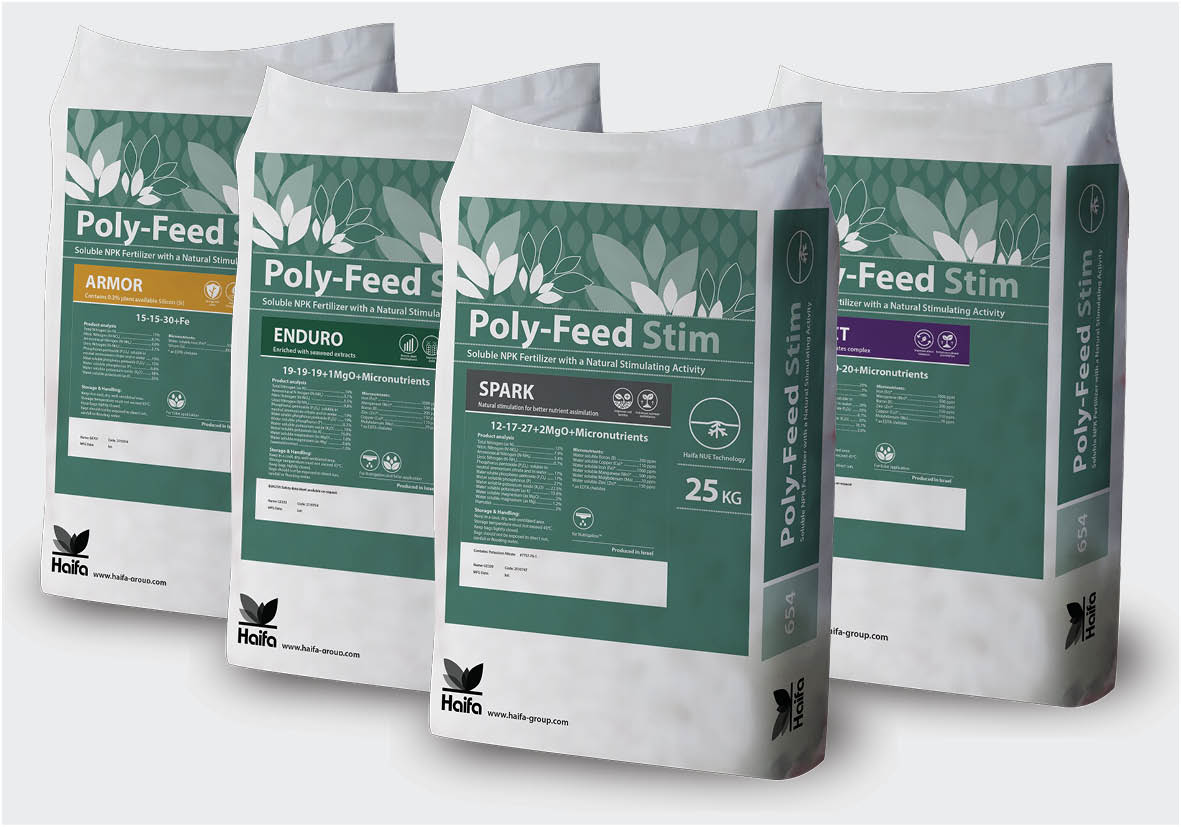 |
 |
Looking ahead to the summer of 2023 and 2024 season, analysts forecast severe climate events as the planet transitions from La Nina to El Nino conditions this summer. This will result in more severe climate events, putting the worldwide agricultural sector at risk. As a result, the demand for improved plant nutrition strategies has never been more important. Growers must evaluate and boost crop nutrition by utilizing high-quality fertilizers and biostimulants to improve crop resistance, increase yield, and guarantee nutritional security in the face of shifting weather patterns.


